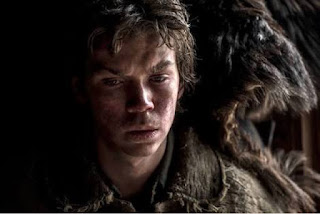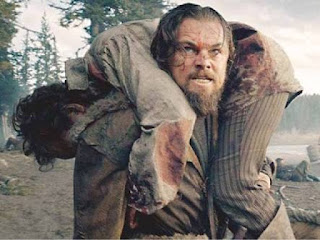“He’s not a terrorist, he’s an idiot” does not sound particularly reassuring. Yet, this was an official statement from Egypt’s ministry of foreign affairs after an Egypt Air plane on the Alexandria-Cairo route was hijacked and diverted to Cyprus. After hours, it is over. All passengers have been released and the hijacker arrested. His motives remain unclear, though. Homer Mavrommatis from the Cypriot foreign ministry crisis center said: "He kept on changing his mind and asking for different things.”
The way this episode unfolded is immature. Firstly, where did the idiot bit come from and how apt is it for someone who held a plane full of people and two governments to ransom?
The idiocy, according to one theory, was that he wanted to deliver a letter to his Cypriot ex-wife. This is naturally humour territory, accustomed as we have become to more dangerous reasons for such acts. It is funny, but only for those of us sitting afar. I cannot imagine what the passengers – and their families upon reading bits and pieces of trivia – must have gone through – their fears, their concerns, their fervent prayers.
After most of them had been released, negotiations continued as there were still seven people on board, three of them passengers whose nationalities were not being revealed.
Egypt’s Civil Aviation minister said:
It was Egypt Air that started the humour mongering. At that time nobody knew that the hijacker did not have explosives on him or a suicide belt as he said. If anything, the airline should have been talking about security lapses.
Social media getting into LOL mode is one thing, but did it behoove of the Cyprus president Nikos Anastasiades to say, “It’s all to do with a woman”?
Worse, after all the wooing wife jokes, it turned out that the initial information released was a case of mistaken identity:
How terrible. His identity and purported motivations and madness have been tagged online already. The real hijacker is Seif Eldin Mustafa as per some reports wants the release of female prisoners in Egypt. Does this sound like an idiot? It is possible that these demands were also false. Maybe he just wanted to land on Cypriot soil, or did it for a lark. But, how normal would this be?
News has become a mere fix for most, a device to flash. And please let us not use dark humour as an excuse. Dark humour is after a tragedy when all is lost, not when something is happening and could be lost.
The way this episode unfolded is immature. Firstly, where did the idiot bit come from and how apt is it for someone who held a plane full of people and two governments to ransom?
 |
| Weird. Passenger Ben Innes took a selfie wth the hijacker |
The idiocy, according to one theory, was that he wanted to deliver a letter to his Cypriot ex-wife. This is naturally humour territory, accustomed as we have become to more dangerous reasons for such acts. It is funny, but only for those of us sitting afar. I cannot imagine what the passengers – and their families upon reading bits and pieces of trivia – must have gone through – their fears, their concerns, their fervent prayers.
After most of them had been released, negotiations continued as there were still seven people on board, three of them passengers whose nationalities were not being revealed.
Egypt’s Civil Aviation minister said:
"Negotiations are underway and we cannot disclose any specific demands. We cannot determine the duration of the negotiation; our priority is the safety of all onboard. I request you not to listen to any reports, only to information released by me. Certain information cannot be disclosed, we cannot be overwhelmed by journalistic instincts. Let us do our duties and then we can release all the pieces of information at a later stage. Any reports on names or nationalities is not in the best interest."
It was Egypt Air that started the humour mongering. At that time nobody knew that the hijacker did not have explosives on him or a suicide belt as he said. If anything, the airline should have been talking about security lapses.
Social media getting into LOL mode is one thing, but did it behoove of the Cyprus president Nikos Anastasiades to say, “It’s all to do with a woman”?
Worse, after all the wooing wife jokes, it turned out that the initial information released was a case of mistaken identity:
An Egyptian woman has said she is the wife of Ibrahim Samaha — the name given earlier by Egyptian officials as the hijacker. She says her husband, with the same name, is not the hijacker and that he was on his way to Cairo en route to the United States to attend a conference.
How terrible. His identity and purported motivations and madness have been tagged online already. The real hijacker is Seif Eldin Mustafa as per some reports wants the release of female prisoners in Egypt. Does this sound like an idiot? It is possible that these demands were also false. Maybe he just wanted to land on Cypriot soil, or did it for a lark. But, how normal would this be?
News has become a mere fix for most, a device to flash. And please let us not use dark humour as an excuse. Dark humour is after a tragedy when all is lost, not when something is happening and could be lost.



